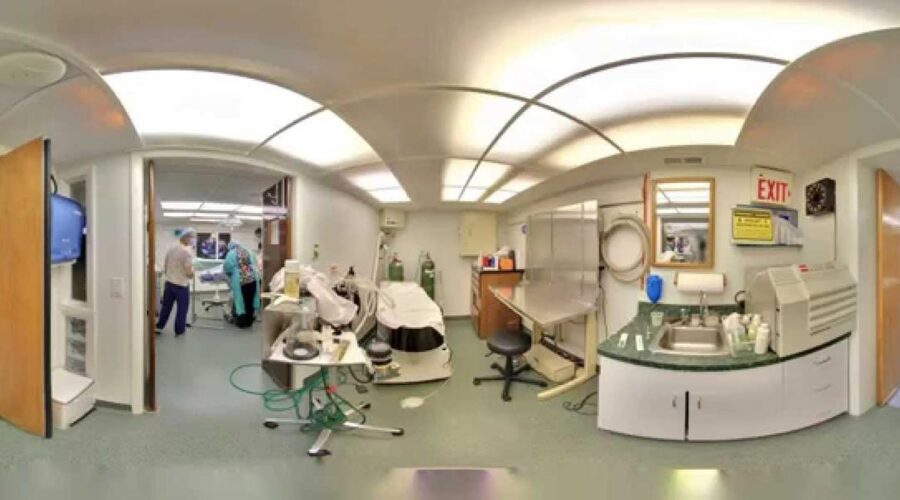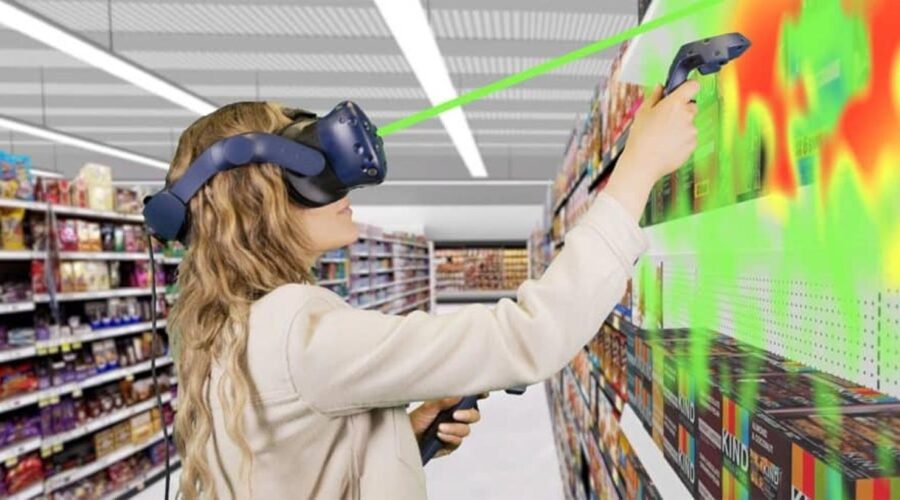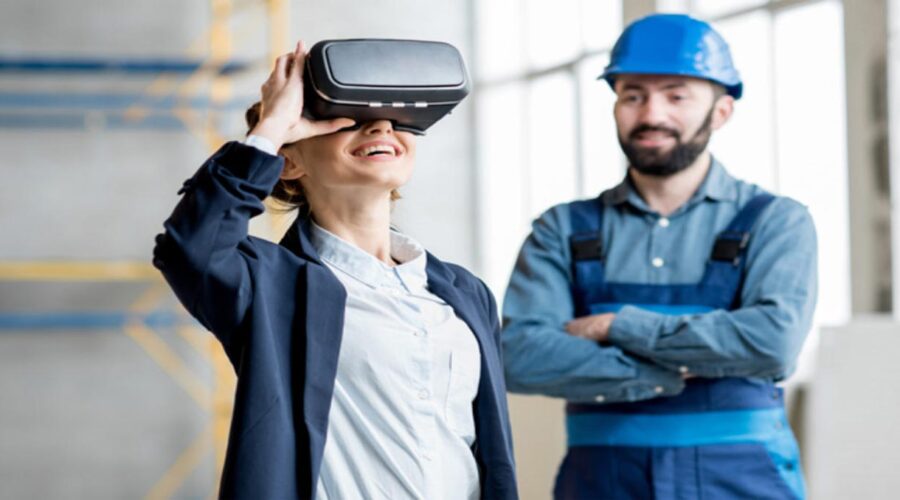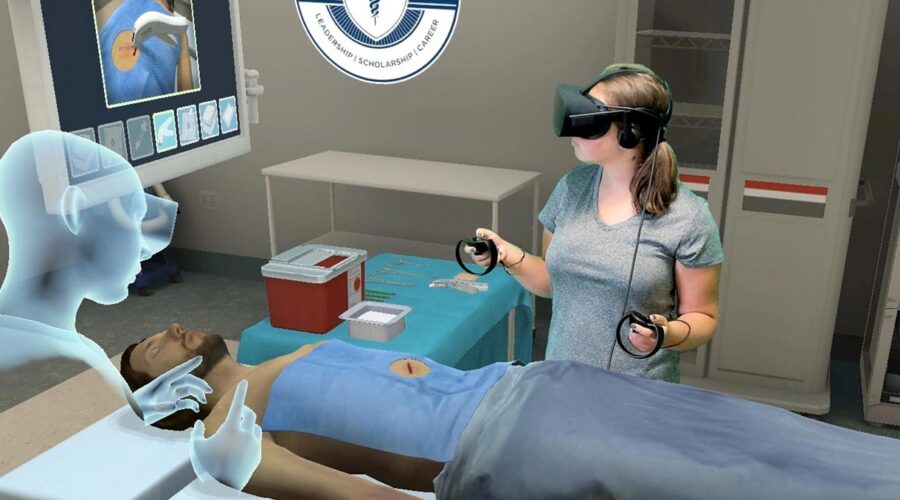How to Use Virtual Reality Simulations for Healthcare Training
VR can help healthcare professionals hone their skills and ultimately improve patient care. As technology continues to advance, the integration of VR into healthcare training is likely to become increasingly common, ensuring that the healthcare workforce is well-prepared to meet the evolving challenges of the industry.





